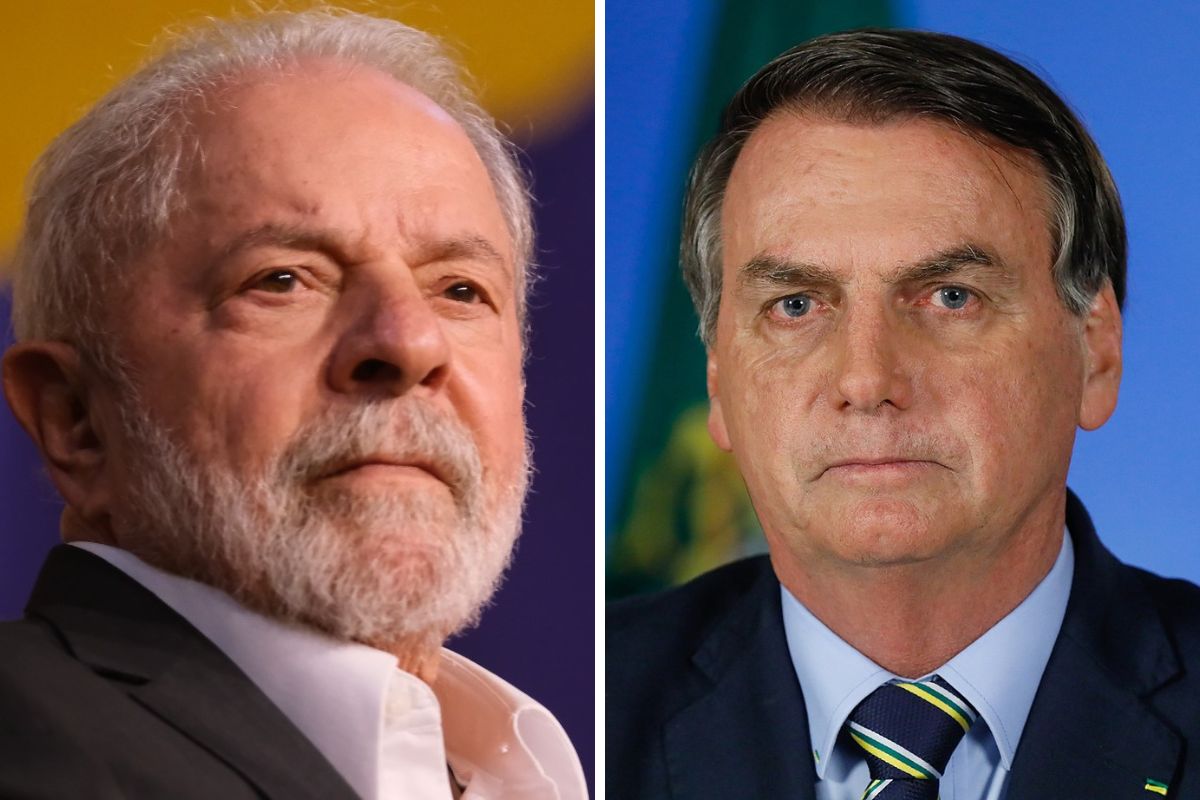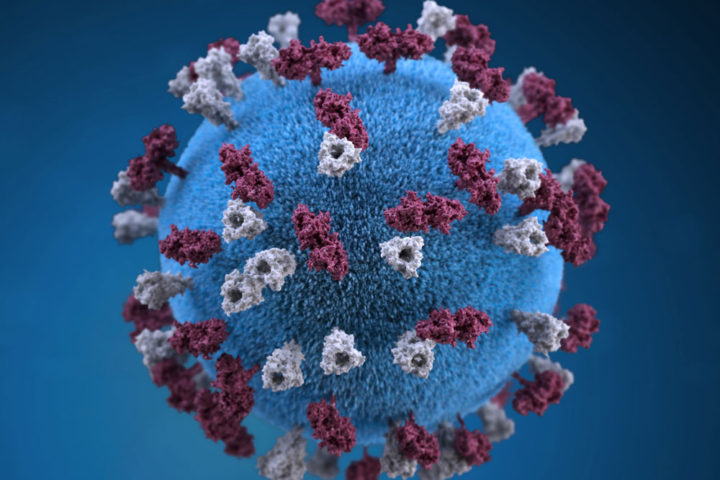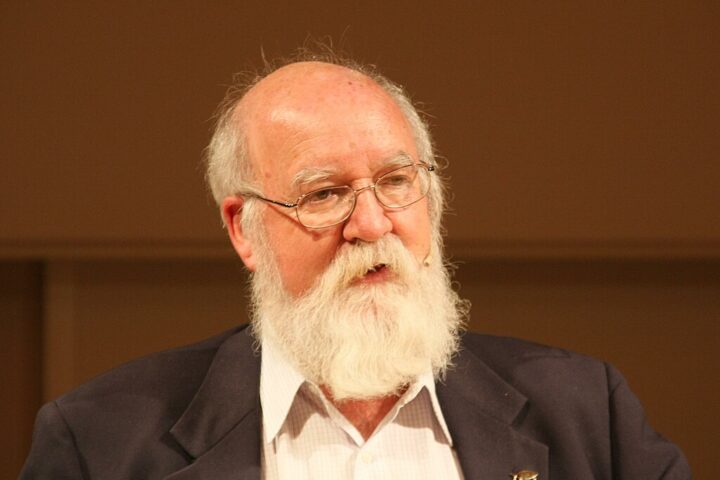The Tribunal Superior Eleitoral (TSE) of Brazil announced Sunday that Luiz Inácio Lula da Silva ( PT) won the presidential elections in that country after 99.06% of the votes were tallied.
With 50.84% of the votes, the former president and leader of the Workers’ Party became the president of the South American giant in an election marked by polarization, fake news, and electoral violence.
Jair Bolsonaro, on the other hand, obtained 49.16% of the votes.
Most opinion polls showed Lula with a lead from the beginning of the election, although Bolsonaro gave signs that he could mobilize his base, refusing to accept the results. In fact, that is, up to this moment, one of the most probable scenarios in the hours after Lula’s victory.
Lula now faces complex challenges, both internally and externally.
Brazil today has 33 million people below the poverty line. In addition, the present is marked by the failure of the country’s policy to face the coronavirus pandemic, high unemployment, precarious environmental policies, and high corruption that has reached the highest levels of the government.
The next president must rethink the relationship with voters after the years of bolsonarismo. For example, Brazil today has a different political-religious landscape, with evangelicals becoming a potent political force.
However, recent polls showed that for 43% of voters, life would be better if Lula (PT) won; and 27% considered that Lula’s victory would make life worse. On the other hand, 23% stated that life would not change.
The most important climate event of 2022
The victory of the PT leader becomes “the most important climate event of 2022 after the catastrophic Russian invasion in Ukraine”, as warned in June by the Climate Observatory in Brazil.
This is mainly due to Lula’s pledge to abruptly depart from the current government’s environmental policies after deforestation in the Amazon rainforest reached its highest level in 15 years.
Lula has promised to combat deforestation, increase the protection of the biome and local tribes, and make Brazil a protagonist in climate diplomacy.
Brazil and the Latin American left
Along with the environmental challenges, the new government joins the group of left-wing countries in the region. But in a very different situation than at the beginning of the century. In fact, after this victory, the six largest economies in Latin America will be led by leftist governments, which should open the doors to a much more expeditious integration after the vacuum left by Bolsonaro, known by many as the tropical Trump.
Nevertheless, several analysts point out this may be the Achilles’ heel of the intended regional integration.
On the one hand, because of the pacts needed to come to power. The newly established autonomy of Brazil’s central bank and Lula’s choice of a former centrist rival as his running mate have reassured some investors that it would not cause an absolute rupture in economic policy.
On the other hand, the differences in the left bloc are more than evident in 2022. Boric’s Chile differs from López Obrador’s Mexico or Maduro’s Venezuela.
This diversity in projects and platforms, added to the political crises and erosion, should complicate in some way the leading role of the South American giant.
The economic dynamics of the region also pose challenges for this integration at a time when inflation is on the rise, the prices of raw materials are not the same as they were at the beginning of the century, and Venezuela is not in the same position with respect to oil.
Brazil and the United States
Finally, Lula will have to deal with a new relationship with the United States. Already in the days before the first round, reports emerged indicating that the White House would welcome Lula’s result.
Undoubtedly, a Brazil with Lula complicates the puzzle that is Latin America. However, it also complicates the projection of the United States towards a region that has been turning to the left.




